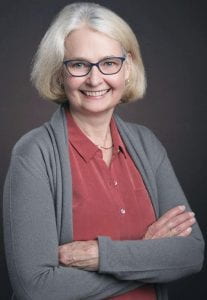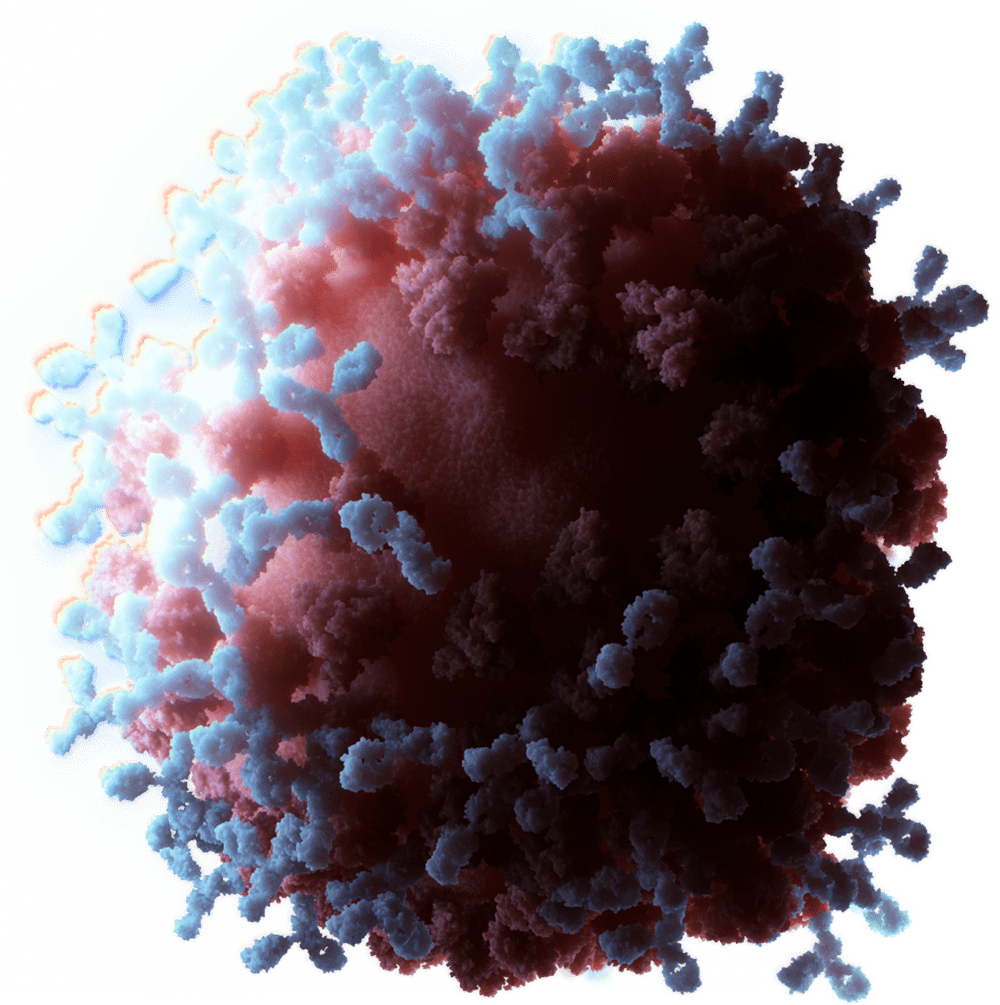WELCOME
As I write during a pandemic, while the consequences of systemic racism are being laid bare, I am particularly thankful to the dedicated trainees, scientists, educators and staff in our department. Our world has been turned upside down, and yet everyone continues on, doing the best they can under trying circumstances. I hope as you read on, you will be as proud as I am about the scientific progress our department continues to achieve.
Governor Inslee and the State legislature recognized the importance of biomedical research early in the pandemic and opened the labs in early April. All the chairs of the Basic Science departments started meeting more than once per week to develop new safety guidelines to protect everyone from SARS-CoV-2. Every lab developed detailed protocols to enable their lab members to work safely. How did it work? Surprisingly well, we have not had a single cluster of cases in our department or in any of the other Basic Science departments.
Are we researching SARS-CoV-2? You bet! The Veesler lab solved the structure of the viral Spike protein in January and have had continued successes since then. The Institute of Protein Design quickly turned its focus to SARS-CoV-2 and has received timely support to develop therapeutics, diagnostics and a vaccine recently mentioned in the New York Times. Read more about how our department is contributing to cutting-edge research of COVID-19.
At the same time, our other research continues because what we learn today will most certainly help us in the future. In the newsletter this Fall, Grace Hamilton interviews Hannele Ruohola-Baker and Andrea Wills as they describe their research on regenerative medicine.
And we have a new faculty member joining Dr. Ruohola-Baker and Dr. Wills as part of Biochemistry and the Institute for Stem Cell and Regenerative Medicine. We are thrilled that Dr. Thelma Escobar will join the faculty next May. Dr. Escobar is currently a postdoc in Danny Reinberg’s lab at NYU studying the inheritance of chromatin domains.
Just as our research continues, so does our work as educators. In the Spring, we had to quickly switch to online teaching. This was a monumental change and our faculty had little time to plan. Fortunately, this fall we have more time to hone our courses and meet the challenge of engaging students remotely. Even our lab course was taught remotely last Spring. Through the hard work of Keri Lewis and Liangcai Gu, we are still hoping to teach at least part of our lab course in person. It is just so hard to learn bench science by watching someone else do it.
The current economic situation is very challenging for the Department. And yet, we need new initiatives to face the inequities that stubbornly continue. We have reconfigured the Diversity, Equity and Inclusion Committee to include students and postdocs. As co-chairs, David Kimelman and Dana Miller are leading the committee to develop the departmental action plan. We must find ways to ensure that everyone not only feels welcome here but has a rightful presence. At the same time the Basic Science Chairs are working together to increase the diversity of our faculty, which is not even representative of the pipeline let alone our community. Clearly, there is much work to do and it must be done now, not some idealized time in the future when things will be better.
In great sadness, we lost a giant this year. Earl Davie passed away in June after a brief illness. He was still active in our department all last year, coming to seminars and faculty lunch and telling great stories. He was best known for his work in blood coagulation and was one of the best funded researchers at the NIH. It is a tremendous loss and we send his family our deepest condolences. Read our remembrance of Earl Davie.
In conclusion, despite the most difficult times we find ourselves in, the worst I – and I suspect you – have lived through, we continue on, doing the best we can. We realize that not only is our work important for all of our continued health, but also how we do this work and with whom is critical to addressing the significant – but I believe surmountable – challenges of today and tomorrow.
Sincerely,

